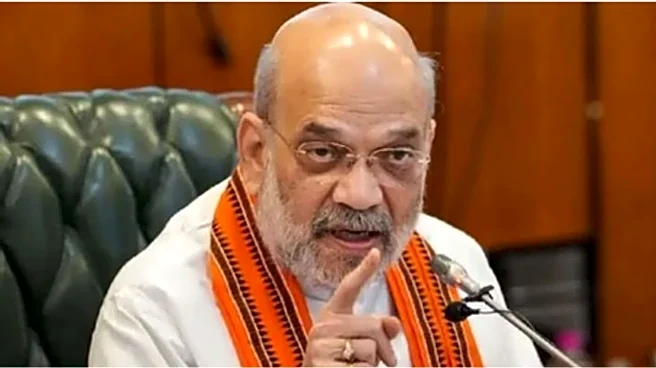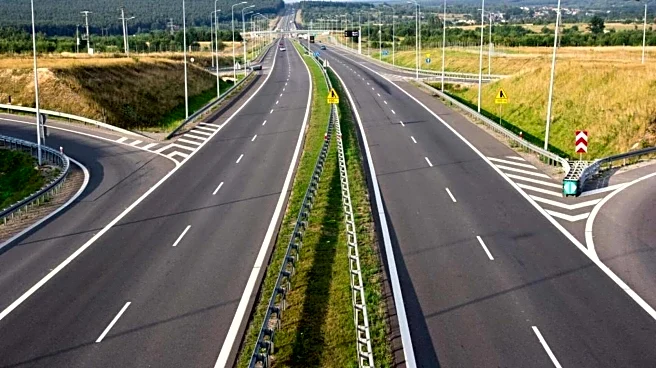The 2025 Nobel Prize in Physics has been awarded to John Clarke, Michel H. Devoret and John M. Martinis for their experiments demonstrating quantum tunneling and energy quantisation in macroscopic superconducting circuits using Josephson junctions.
Their research, conducted in the 1980s, showed that charged particles in these circuits behave as a single quantum entity, bridging the gap between microscopic quantum mechanics and practical engineering applications.
BREAKING NEWS The Royal Swedish Academy
of Sciences has decided to award the 2025 #NobelPrize in Physics to John Clarke, Michel H. Devoret and John M. Martinis “for the discovery of macroscopic quantum mechanical tunnelling and energy quantisation in an electric circuit.” pic.twitter.com/XkDUKWbHpz
— The Nobel Prize (@NobelPrize) October 7, 2025
These pioneering experiments laid the foundation for modern quantum computing by enabling the creation of controllable qubits in superconducting systems.
Subsequent peer-reviewed studies have confirmed the scalability of these systems, making them essential for applications in cryptography, simulation, and next-generation computing.
Clarke, Devoret, and Martinis’ work has been widely recognised for challenging classical physics intuitions and demonstrating that macroscopic systems can exhibit distinctly quantum behaviour.
Their contributions continue to shape the development of practical quantum technologies and the broader understanding of quantum phenomena in engineered systems.
Also Read:Nobel Prize in medicine: Mary E. Brunkow, Fred Ramsdell and Shimon Sakaguchi awarded for immune tolerance breakthrough
/images/ppid_59c68470-image-175983511158336188.webp)


/images/ppid_59c68470-image-177055002685163031.webp)




/images/ppid_a911dc6a-image-177055204730730270.webp)





/images/ppid_a911dc6a-image-177055063503783286.webp)

